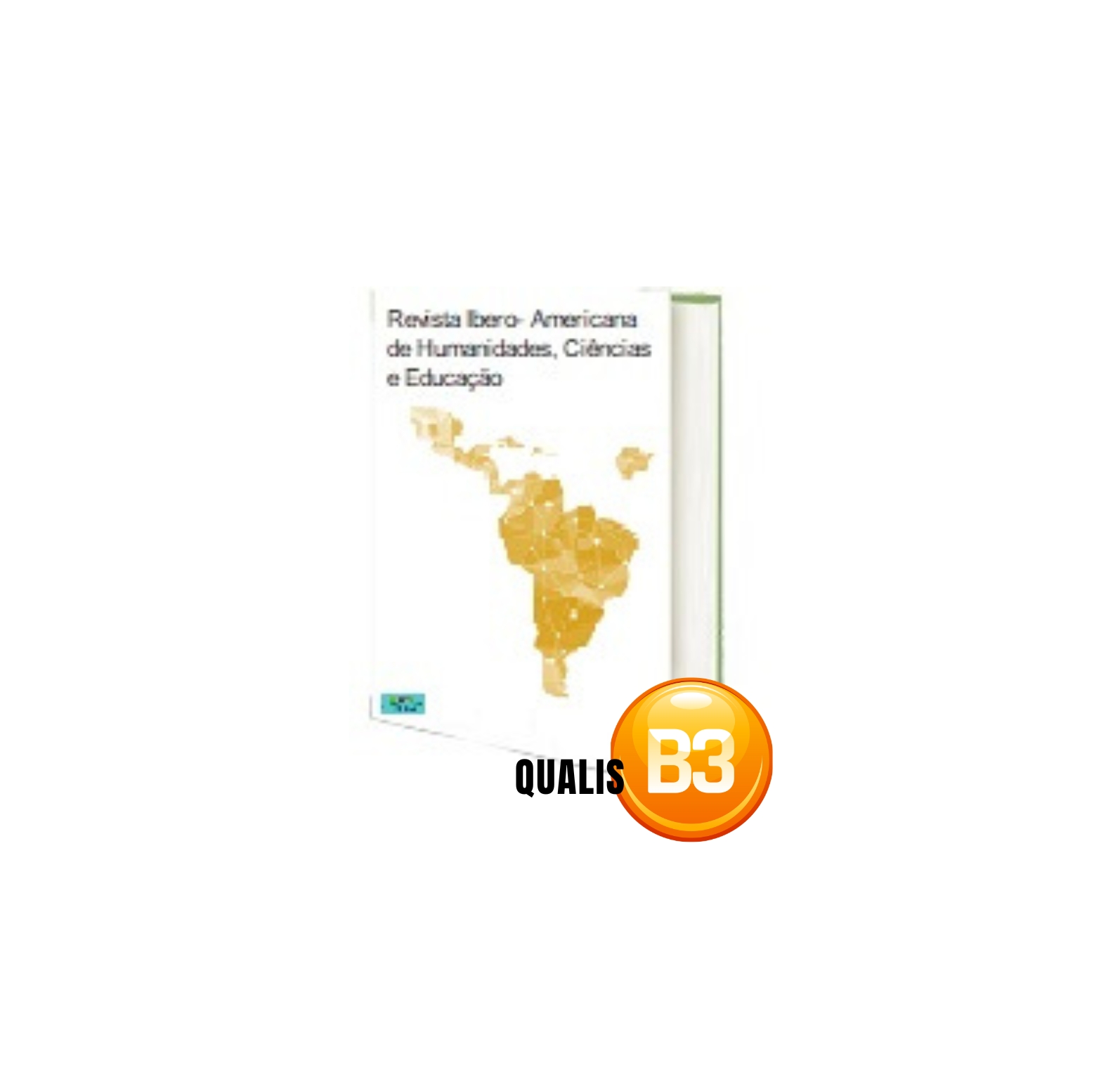EPIDEMIOLOGICAL PANORAMA OF HOSPITALIZATION OF INFLAMMATORY BOWEL DISEASES IN THE STATE OF RIO DE JANEIRO IN THE LAST FIVE YEARS
DOI:
https://doi.org/10.51891/rease.v9i2.8647Keywords:
Inflammatory bowel disease. Crohn disease. Retocolitis. Complications.Abstract
Crohn's Disease and Ulcerative Colitis are known as inflammatory bowel diseases, due to the character of chronic inflammation of the intestinal mucosa associated with socio-environmental, genetic, microbiological and immunological factors, manifesting clinically as prolonged and relapsing diarrhea, which may cause exacerbation and lead to complications who require hospitalization. The aim of this study was to describe the epidemiological profile of patients with IBD in the state of Rio de Janeiro in the last five years. This is an observational and cross-sectional study, based on the Department of Informatics of the Unified Health System (DATASUS) from January 2016 to December 2020 in the state of Rio de Janeiro. In the period studied, there were 1,737 hospitalizations, 53% corresponding to the city of Rio de Janeiro and the interior represents 0.06% of cases. Females account for 53% of hospitalized patients, but 58% of deaths are relevant to men. Of these 1,737 admissions, the most affected age group is between 50 and 59 years of age. Factors such as urbanization and genetics were associated with the fact that the incidence is higher in the main urban centers of the state; Hormonal differences between the sexes and the lack of demand for medical assistance contribute to these results, justifying the number of hospitalizations and deaths in females and males, respectively. Based on the data from this study, it is concluded that women aged 50 to 59 years who live in large urban centers are the most affected, but men die more.
Downloads
Downloads
Published
How to Cite
Issue
Section
Categories
License
Atribuição CC BY

